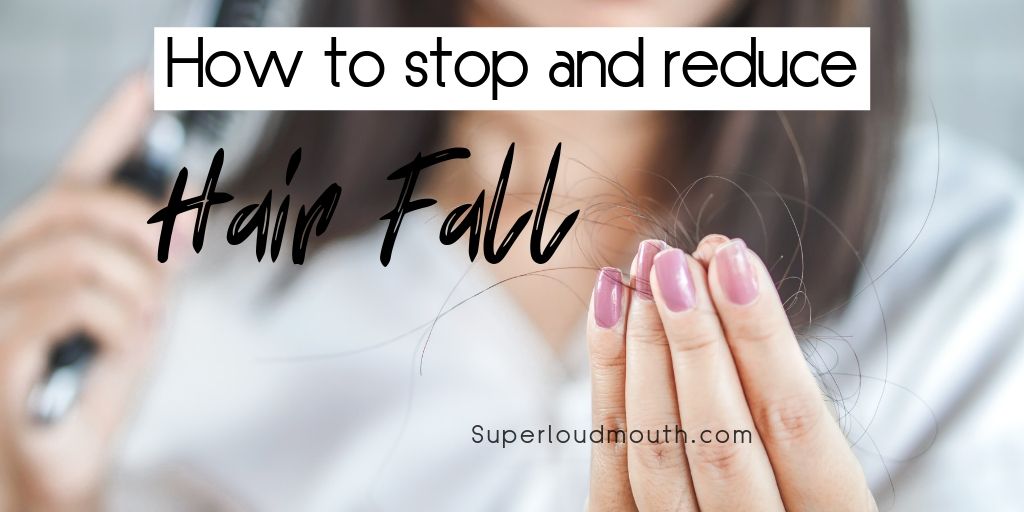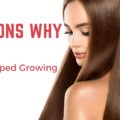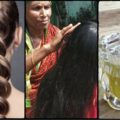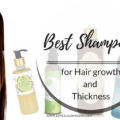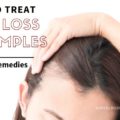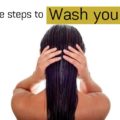How to Stop and Reduce Hair Fall problem Immediately || Things that worked for me
Hair loss is a common issue for almost every person. At some point, we start to lose strands of hair every day. Once the hair starts losing it’s a constant struggle and fear to regrow hair. However, behind the hair loss, there are many unexpected causes.
So, let’s find out what are the reasons for your hair fall and how you could stop or reduce hair fall problem immediately with some helpful tips.
Hair Life Cycle – Stages
Yes, you’re losing hair but that doesn’t mean you are not growing it back. Each hair undergoes a life cycle of 3-5 years. That means 90% of hair can stay on your head and the remaining 10% could fall off and then the new hair is born again. So, this way you’re going to lose hair and grow it at a certain period of time. Let’s get deep into how the hair cycle works.
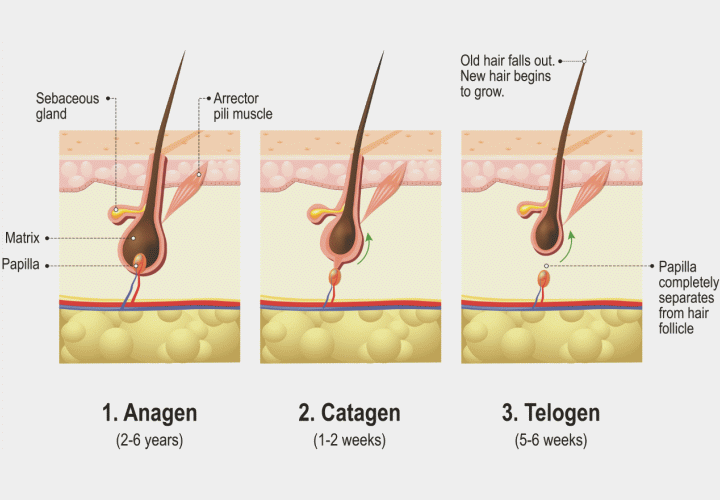
Stage 1: Anagen
The first phase of human hair growth is anagen which is known as the “growing phase”. In this phase, hair keeps growing from the follicles at a normal rate. In this phase, 90% of the hair can be on your head and it will last up to 2-6 years.
Stage 2: Catagen
This second is known as “the regression” phase. In this phase, your hair starts to rest. That means this is the stage when your hair follicles shrink and get detached from the dermal papilla. This lasts up to 10 days.
Stage 3: Telogen
This phase of the hair life cycle is known as “the resting” phase. The old hair stops growing and eventually falls out. Whereas the new hair will be in the anagen phase. This lasts up to 5-6 weeks.
Step 4: Exogen
This is basically the final phase in the hair growth cycle. The old hair finally falls out and the new hair keeps growing from the same follicle.
Therefore, hair loss happens when something disrupts the normality hair life cycle thus causing hair loss.
[Read more: 10 Secrets to Grow (70 feet) Long Hair like Rapunzel ]
Types of Hair Loss
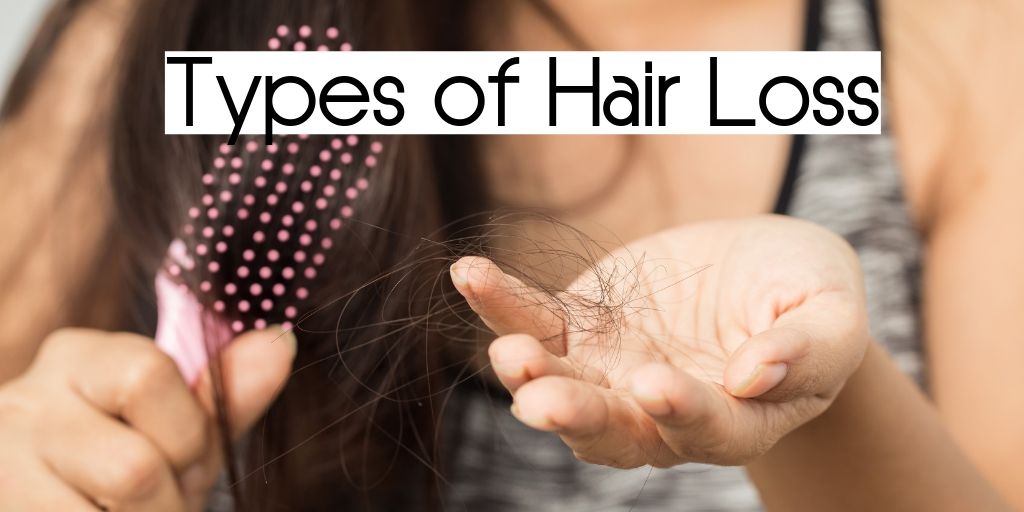
As people age, their hair growth rate slows down gradually. There are many types of such hair loss which is known as Alopecia.
1. Involution Alopecia
This is usually a natural condition in which you experience gradual thinning of hair. Your hair follicles go into the resting phase and you will either lose the remaining hair or it becomes shorter.
2. Androgenic Alopecia
This is a kind of genetic condition which can affect both men and women. If men have this condition, called male pattern baldness, they start suffering hair loss as early as in the ’20s. The characteristics of this type of hair loss are the gradual disappearance of hair from the crown or frontal scalp and receding hairline.
In women, this condition called female pattern baldness, experience hair loss when they hit 40’s. They experience thinning of hair on the scalp and at the crown area.
3. Telogen Effluvium
This condition is a temporary hair thinning over the scalp and occurs because of changes in the growth cycle. 80% of your hair enters the resting phase, causing hair shedding and subsequent thinning.
4. Alopecia Universalis
This is a severe hair loss condition in which all body hair starts falling off including eyebrows, eyelashes and public hair.
[Read more: Natural Hair Oils to keep your hair healthy and stronger]
What Causes Hair Loss?
The factors that trigger hair loss might vary from person to person. There are many factors that cause hair loss. In some cases, it might be external causes like pollution, chemicals and etc. In most other cases, it’s because of internal causes such as some serious medical condition, lack of nutrition, genetics or etc. Here are some of the several factors that perhaps influence hair loss.
a. Physical or mental stress

Stress can cause temporary hair loss. Not just hair loss, stress can affect any parts of your body. It can make you gain weight, lose hair, and make your body prone to health ailments.
b. Hormonal changes
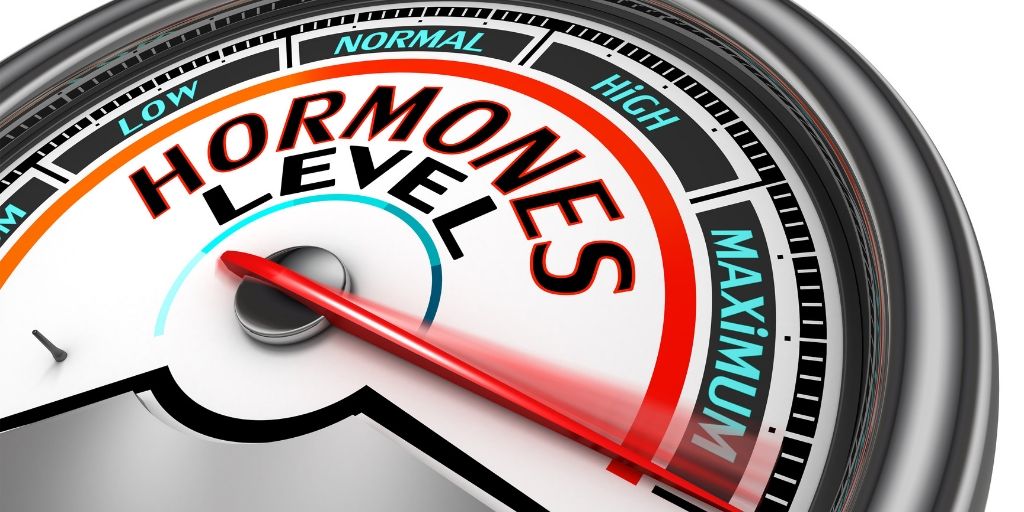
Hormonal changes can increase the sensitivity of hair follicles, thus it weakens the roots and leads to hair fall. Hyperthyroid, hypothyroid, Menopause, Ovarian cyst, etc are some of the hormonal changes that cause hair loss.
c. Genes

Sometimes baldness can also be a hereditary factor where you experience hair loss passed through genes. If your parents or grandparents have hair loss problems, it is likely that you will also get the problem. This condition is known as “Inherited alopecia”.
d. Pregnancy

Post-pregnancy, most women experience frequent dehydration, hormonal imbalance, and fatigue. This increases hair follicles sensitivity. All of these factors can lead to excessive hair loss.
e. Scalp Infections
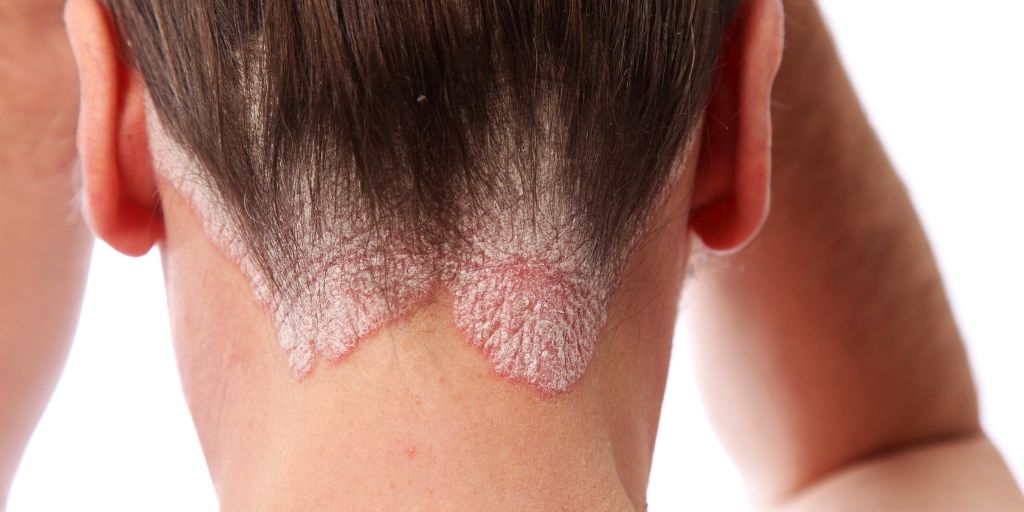
It may be fungal, bacterial or viral infections like psoriasis, dermatitis etc, these conditions weaken roots, damage hair follicles and cause thinning or breaking of hair.
f. Medications

Certain medical treatments are helpful in treating health ailments but they also leave side effects. The side effects can be severe or normal. Such side effects damage hair follicles and cause rapid hair loss.
g. Chemical hair treatments
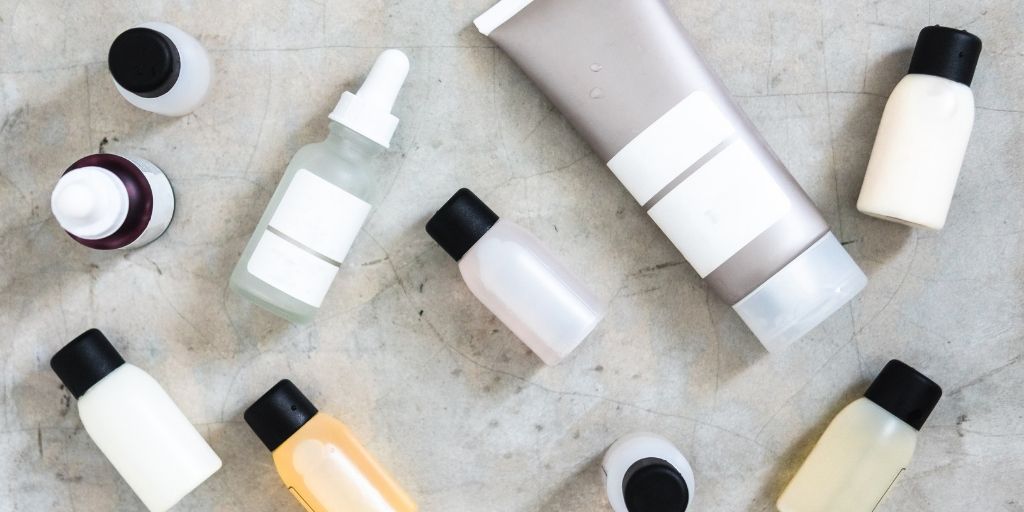
Using too many chemical hair products, constant hair exposure to heating or styling tools, or going overboard with chemical hair treatments can lead to extreme hair loss.
h. Iron deficiency
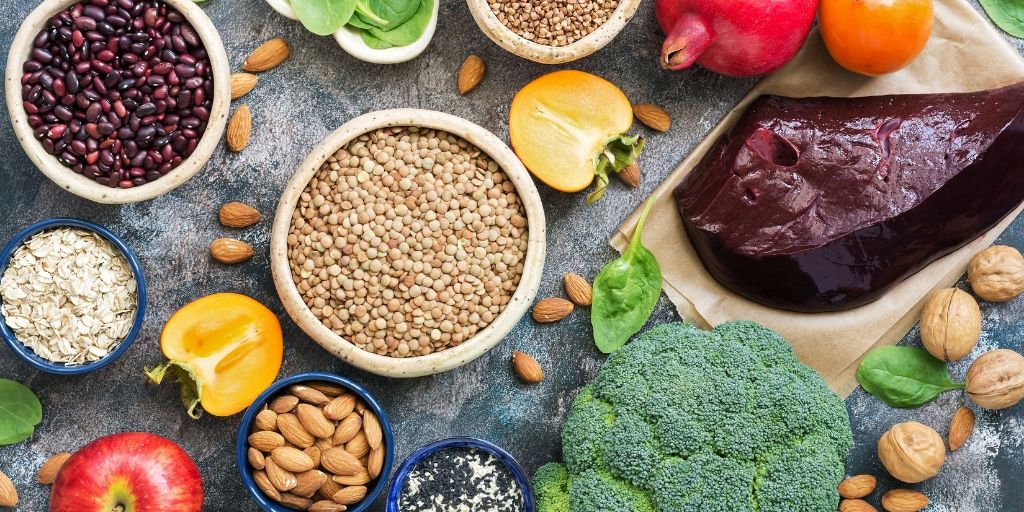
Insufficient iron levels in the body, deficiency of red blood cells, or sudden loss of blood is the major cause of hair loss.
i. Malnutrition or crash diets

Insufficient intake of nutrients can wreak havoc your body. Many health problems can attack your body, your skin will not be in a condition, and even the same happens with your hair. Moreover, your hair doesn’t get enough strength to maintain a healthy scalp or grow healthy hair.
j. Thyroid problems
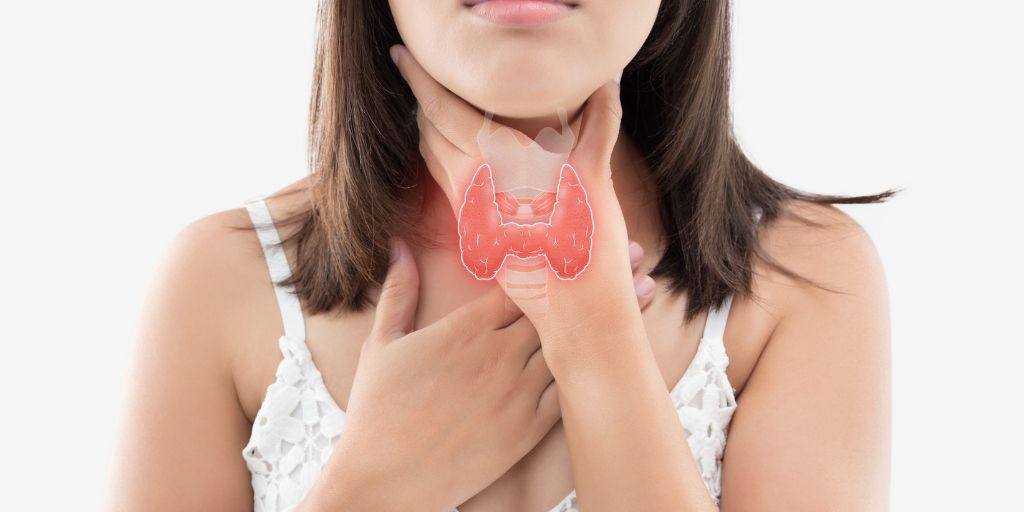
Thyroid problems like thyroid disorders or medications can always lead to hair loss. In some cases, you’ll totally lose hair over the scalp. In other cases, hair loss is permanent.
10 Tips to stop or reduce Hair Fall
1. De-stress

Stress is the body’s biggest enemy. If you experience too much stress it can lead to many health problems. That’s because stress produces bad hormones that cause physical health problems. Due to stress you’ll not only lose hair but you will also gain weight, sleep disorders and etc.
Therefore ensure to indulge in activities that help to de-stress like hanging out, meditating, watching movies and things which makes you happy and a better person.
2. Brush your hair
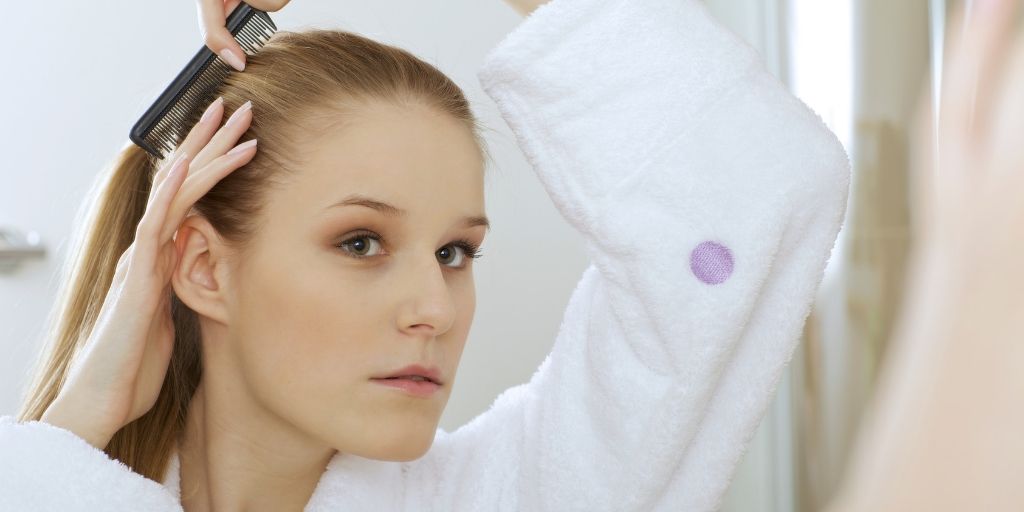
Brushing your hair has several advantages. Just like your skin your hair also needs extra pampering to moisturize and nourish it. When you brush your hair more frequently it stimulates blood circulation, boosts scalp health and thereby helps to grow hair rapidly.
Brush your hair often to nourish your hair and to promote natural hair growth. People having long hair can brush the hair from ends to the roots to avoid any damage.
3. Change your hairstyle
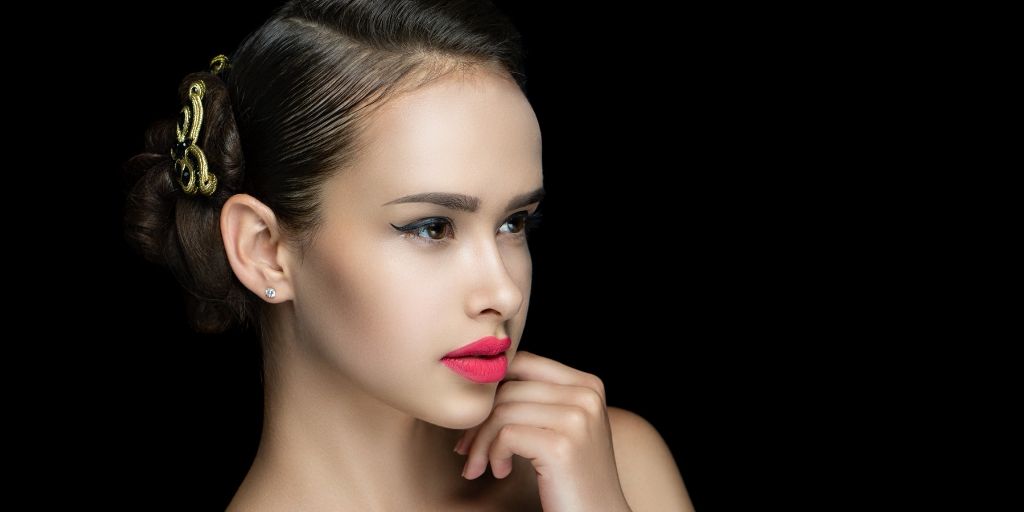
Some hairstyles can really damage your hair by pulling it back and creating tension or stress in particular areas. Most of the times, you try to either tie your hair loosely or maybe free your hair.
You should also switch up between your partings which means one day do left parting, the other day to the right or middle parting. If you part your hair in only one direction, the area gets bald over time. Also, don’t repeat the same hairstyle every day.
4. Follow a hair care routine
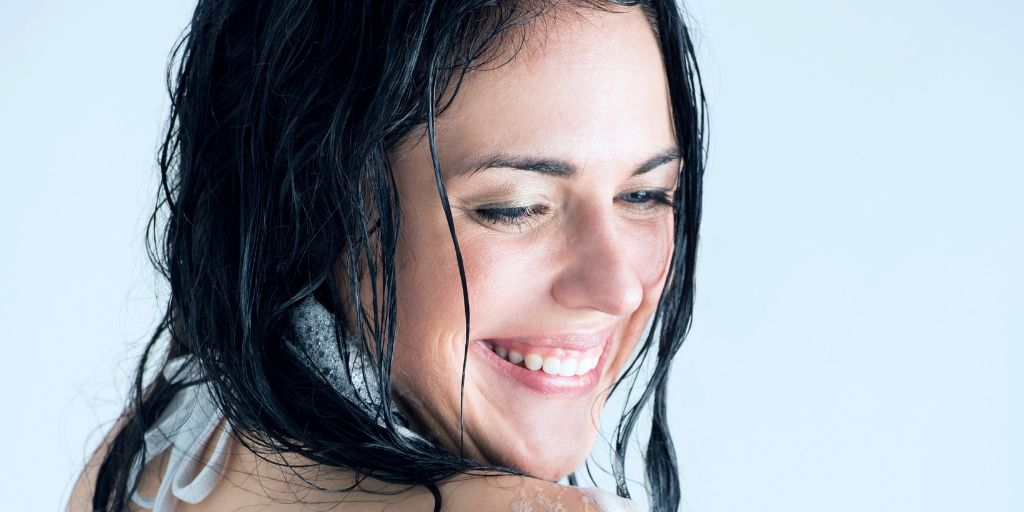
Following a routine is essentially important for the skin as well as hair. Firstly, you need to deep condition your hair by massaging with natural oil. Leave it on for about an hour and do double cleansing which means you must cleanse your hair twice with a mild and natural shampoo.
After cleansing, condition your hair thoroughly. Later, rinse and apply a leave-in conditioner to your hair starting from the roots to scalp.
5. Better Sleeping ritual
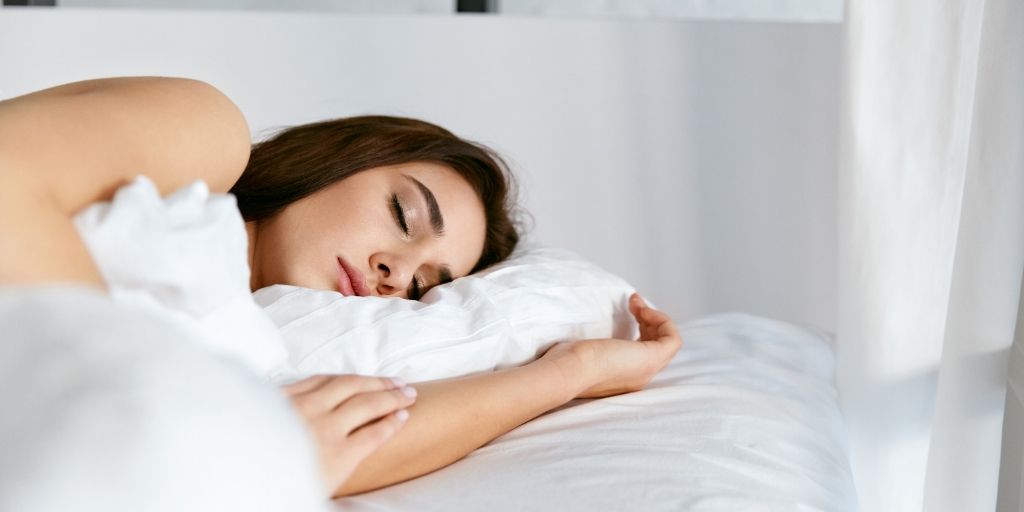
Many studies have proved that if you sleep before 11, your body will detoxify naturally by itself. The time period when your body detoxifies itself is between 11 pm to 2 am. These hours are considered as golden hours because they can help you to maintain a healthy body if you are an early bird.
Moreover, getting 6 to 7 hours of sleep every day is also equally important not only for good hair health but also overall good body functionality.
6. Avoid hair dyes
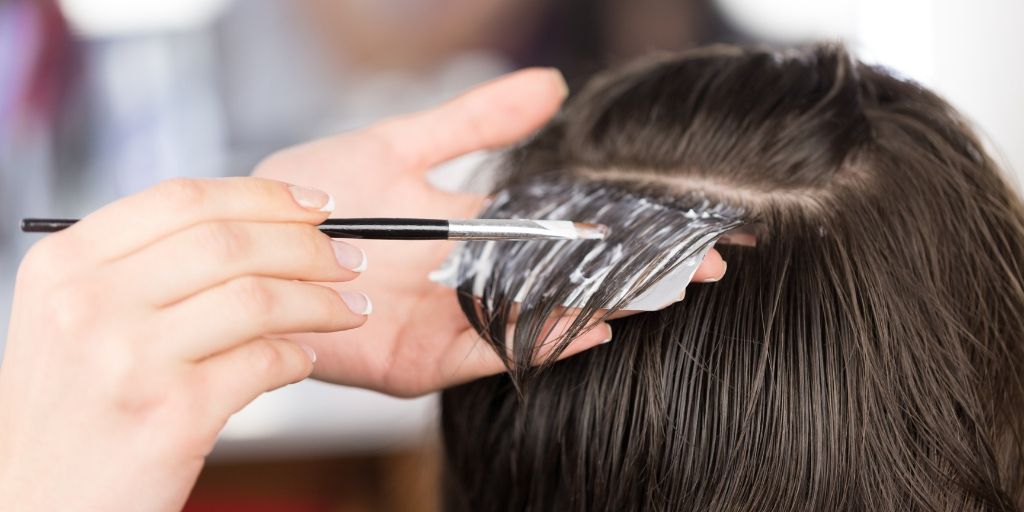
Almost most of the hair dyes, bleaches or hair styling products on the markets are full of chemicals. Those chemicals can affect your hair and scalp health. Although you love to do crazy things on your hair like changing the hair colors or straighten or smoothen it, you must avoid if you don’t want to lose your hair.
Such chemical products are loaded with abundant toxins which your skin cannot tolerate. They include stress on your hair and cause damage. So, go for natural products or natural treatments as far as possible.
7. No Smoking, No Alcohol
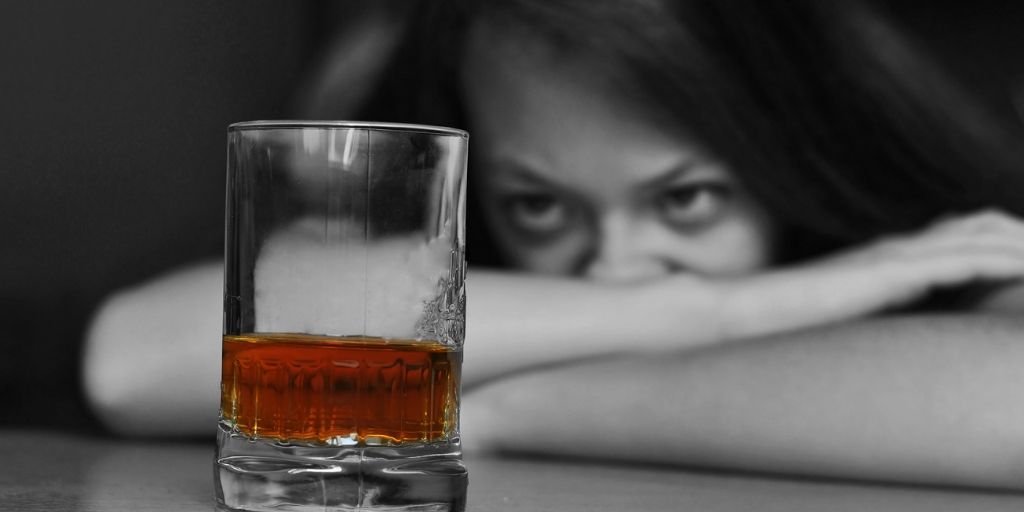
Habits like smoking, alcohol, and taking drugs can damage healthy cells in your body. Why do you want to disturb the healthy cells or blood circulation? Avoid such things not only for hair growth but to enhance your health conditions.
8. Use leave-in conditioners
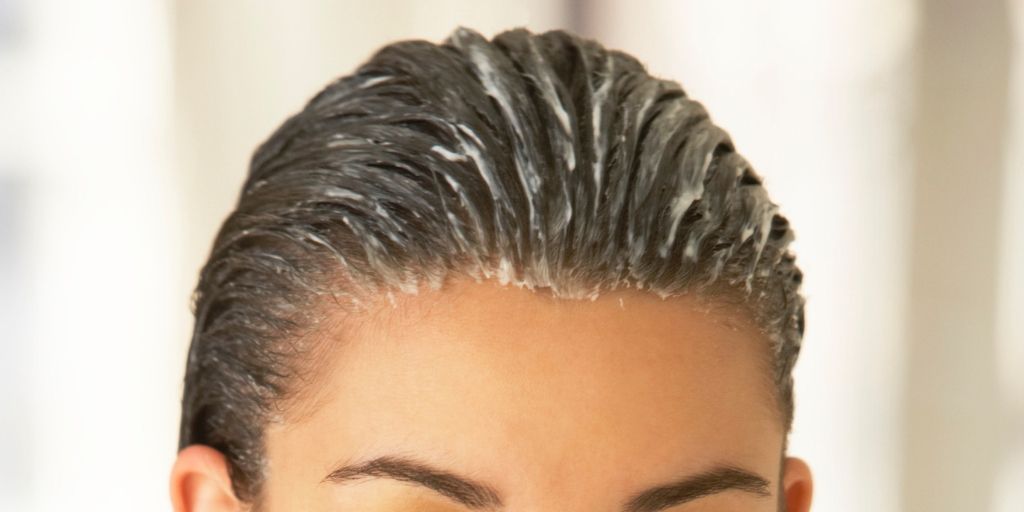
Sun rays are most harmful to your skin and scalp. The UV rays will damage your hair and also dry it. This will affect the overall growth rate. So, apply a good leave-in conditioner and then protect your hair by covering it with accessories like a hat or a scarf.
9. Use Silk Pillowcases
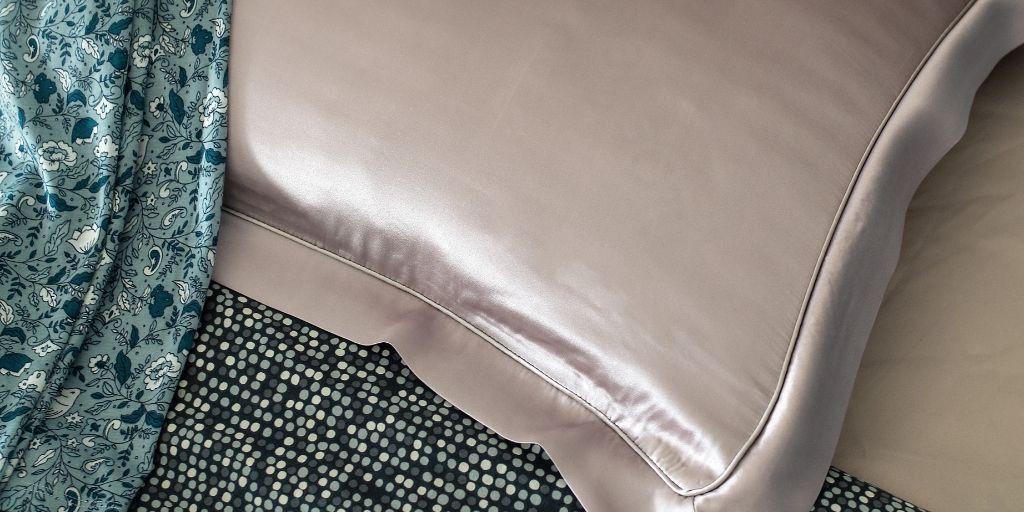
Silk is the material which has been proven to be beneficial for your skin as well as hair. Use silk pillowcases to prevent hair tangling, frizziness, rough and dry hair. Also, make sure to change the pillowcases every week to avoid scalp infections such as dandruff.
10. Foods to eat
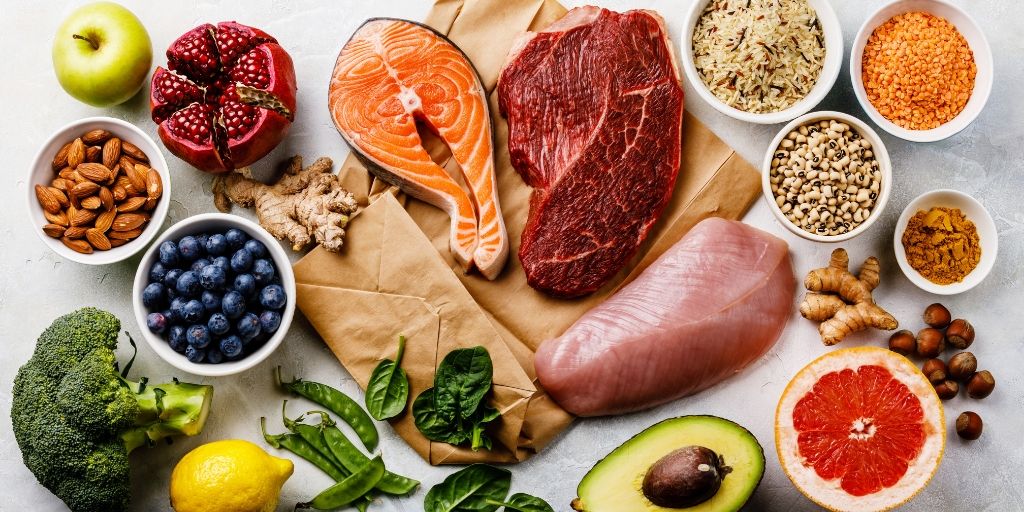
Incorporate a balanced diet and nutritious foods to your diet plan for healthy and strong hair. Some of the best foods for healthy hair growth are,
a. Foods rich in Iron – Studies have shown that iron deficiency can cause rapid hair loss. Iron deficiency occurs due to hormonal imbalance or after post-pregnancy. Include iron-rich foods like walnuts, spinach, broccoli, black beans etc
b. Protein-rich foods – Proteins must be incorporated in your diet and also in your hair care products like shampoos, conditioners, and oils. Because a lack of protein can cause split ends and dry hair. So, include protein-rich foods like eggs, meat, beans, corn, and etc
c. Iodine rich foods – Cranberries, yogurt, cheese are some of the iodine-rich foods that improve thyroid functions and in turn help with hair loss.
d. Alkaline-rich foods – Your body needs to maintain a pH balance to function properly. Alkaline foods help to balance pH levels in your body. So, eat fresh fruits and vegetables to flush out toxins from the body and prevent hair thinning or greying.
[Read more: 10 Super Healthy foods to Attain Ravishing Skin and Silky Hair]
Up to the very end!
These are some of the helpful tips to Stop and Reduce Hair Fall problem Immediately. Follow them and make sure to include proper diet and exercise into your routine for overall body and skin enhancement.

